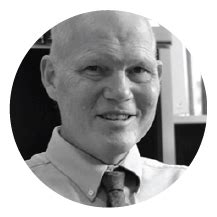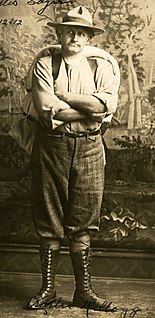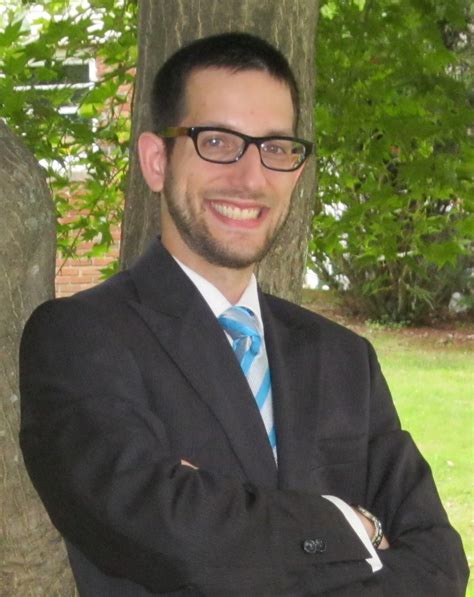A Quote by Will Tuttle
Our knowledge and understanding of nonhuman animals is polluted far more than we acknowledge by our belief in our own superiority, our unrecognized cultural programming, and our separation from nature.
Related Quotes
More than anything else, kindness is a way of life. It is a way of living and walking through life. It is a way of dealing with all that is-our selves, our bodies, our dreams and goals, our neighbors, our competitors, our enemies, our air, our earth, our animals, our space, our time, and our very consciousness. Do we treat all creation with kindness? Isn't all creation holy and divine?
There is no doubt about it: we are judged by our language as much as (perhaps more than) we are judged by our appearance, our choice of associates, our behavior. Language communicates so much more than ideas; it reveals our intelligence, our knowledge of a topic, our creativity, our ability to think, our self-confidence, et cetera.
If animals are no longer quite outside the moral sphere, they are still in a special section near the outer rim. Their interests are allowed to count only when they do not clash with human interests. If there is a clash - even a clash between a lifetime of suffering for a nonhuman animal and the gastronomic preference of a human being - the interests of the nonhuman are disregarded. The moral attitudes of the past are too deeply embedded in our thought and our practices to be upset by a mere change in our knowledge of ourselves and of other animals.
Scientific knowledge is, by its nature, provisional. This is due to the fact that as time goes on, with the invention of better instruments, more data and better data hone our understanding further. Social, cultural, economic, and political context are relevant to our understanding of how science works.
Nature has endowed the earth with glorious wonders and vast resources that we may use for our own ends. Regardless of our tastes or our way of living, there are none that present more variations to tax our imagination than the soil, and certainly none so important to our ancestors, to ourselves, and to our children.
Our incredible bewilderment (wilderness separation) blinds us from seeing that our many personal and global problems primarily result from our assault of and separation from the natural creation process within and around us. Our estrangement from nature leaves us wanting,and when we want there is never enough. Our insatiable wanting is called greed. It is a major source of our destructive dependencies and violence.
I think the Bhagavad Gita is about both the forces of light and the forces of darkness that exist within our own self, within our own soul; that our deepest nature is one of ambiguity. We have evolutionary forces there - forces of creativity, and love, and compassion, and understanding. But we also have darkness inside us - the diabolical forces of separation, fear and delusion. And in most of our lives, there is a battle going on within ourselves.
At some point, we have each said through our tears, “I’m suffering for a love that’s not worth it.” We suffer because we feel we are giving more than we receive. We suffer because our love is going unrecognized. We suffer because we are unable to impose our own rules. But ultimately there is no good reason for our suffering, for in every love lies the seed of our growth.






































